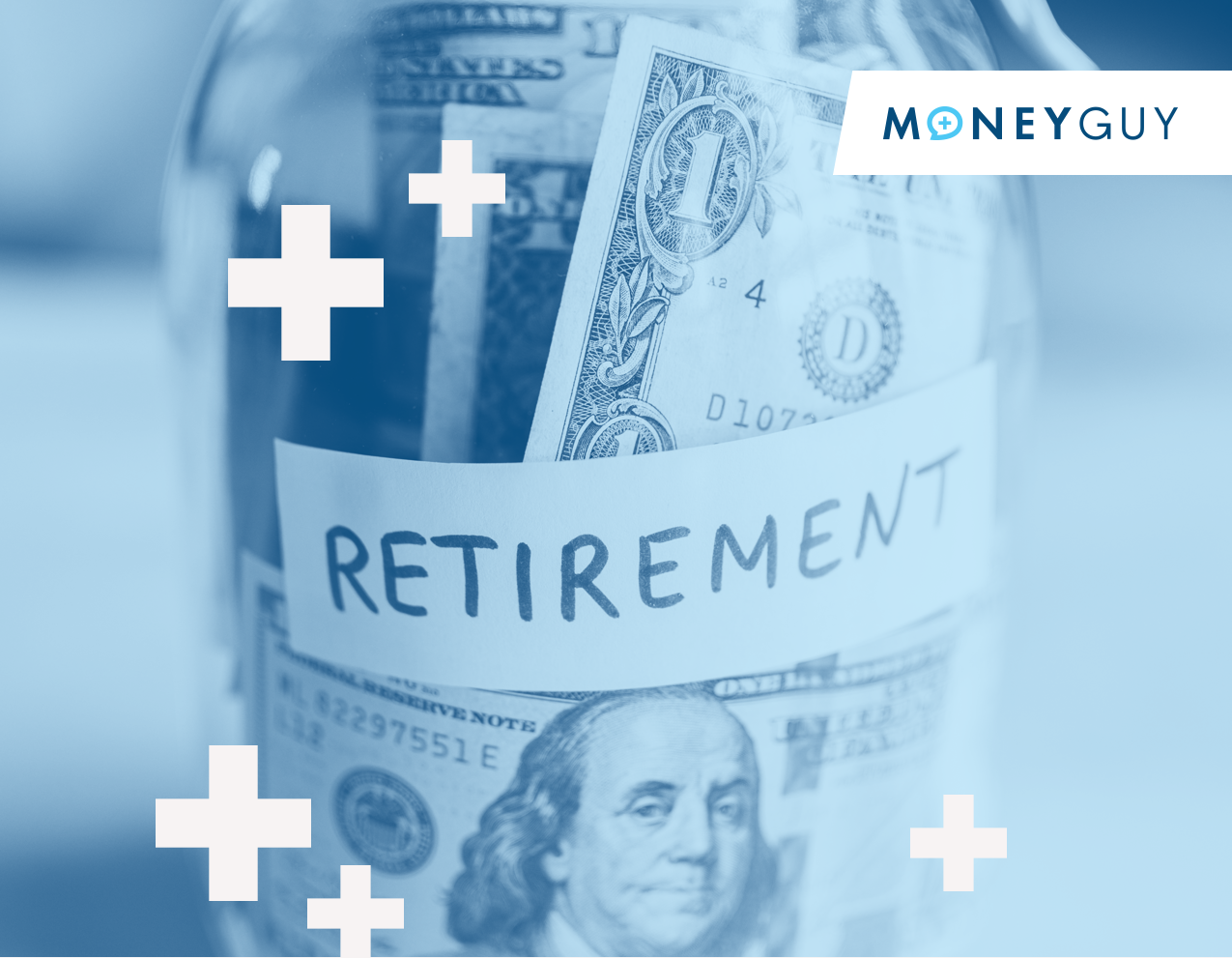He has a question for you guys. He says, "I'm confused about Roth 401(k) and the potential of Mega backdoor Roth IRAs. I'm currently 24 years old maxing out my 401(k) with 50% Roth and 50% traditional. Should I be switching to 100% Roth? How should he think about this?"
Alright, so there are a couple of different questions here. I'll answer them in rapid fire and try to leave some meat on it. First, should I do pre-tax or Roth? Generally speaking, that's a tax bracket question. Age comes into play too. He said he was 24. Yes, that comes into play. Generally speaking, it's a tax bracket question because a 24-year-old who's in the 37% bracket might still qualify for doing pre-tax contributions. It's almost like taxes first, but then age and other elements. I agree with that.
Now, what's really interesting is he has something different. He says, "Hey, I'm getting so confused around Roth 401(k) and this Mega backdoor Roth that I hear you guys talk about." We want to be very clear, those are not the same thing. Those are different things.
Let me set it up. You may not know this if you've only ever just paid attention to open enrollment during the time of the year where you do open enrollment, you ever looked at your plan. A lot of people don't realize there are three different ways you can contribute to a 401(k). There are pre-tax contributions, there are Roth contributions, and then there's this third category called after-tax contributions. After-tax and Roth are not the same, and not all plans provide them. It's only if you have the after-tax contribution option inside your 401(k) plan that you could perhaps carry out the Mega backdoor Roth. Adam, I wouldn't put too much pressure on yourself. If you're maxing out your Roth 401(k), that's the current year, we're doing this is $22,500. That's pretty outstanding. That's great news.
Now, when we talk about the apex predator of the Mega backdoor Roth conversion strategies, that extra bucket is the after-tax contributions. Your plan provider had to have actually structured the plan to where you have first the after-tax option, and then you also have to have the ability to do a conversion process, whether it's distributing the money out, taking an in-service distribution, or even doing a conversion directly in the plan. You also have to be careful that you don't squeeze out your employer's contribution because there's a 415 limit in the industry. We talk about $66,000 for this year. $66,000 is the total, that's when you add it up. You're $22,500 plus your match, plus the profit-sharing, plus any other contributions that your employer is making. You want to make sure your after-tax is all the way up to the $66,000 and doesn't squeeze out any of the employer money. If you do that, they get to keep it and you're just stuck with it. But it is a very powerful planning opportunity for those that work for companies that have taken the steps to make that happen.
Now, I do want to make sure, because there are going to be some self-employed people who are going to say, "Well, man, I need to go set this up. I'm smart, I'm good with money, I need to do this." I would caution, don't just assume everybody should be doing Mega backdoor Roth conversions because you might find that there are better alternatives. More than likely, if you are self-employed or an executive, you're in the highest of high tax brackets, so you're probably more than likely going to benefit from the pre-tax contributions and then strapping on not only a 401(k) and a profit-sharing plan but probably a cash balance. There are other ways, even though we call it an apex predator because it's a Roth from tax savings method, it's an apex predator. But if you're just trying to minimize taxation because you're in that uber-high tax bracket, there are usually other planning alternatives out there that you ought to look into. Love it. For more information, check out our
free resources.













